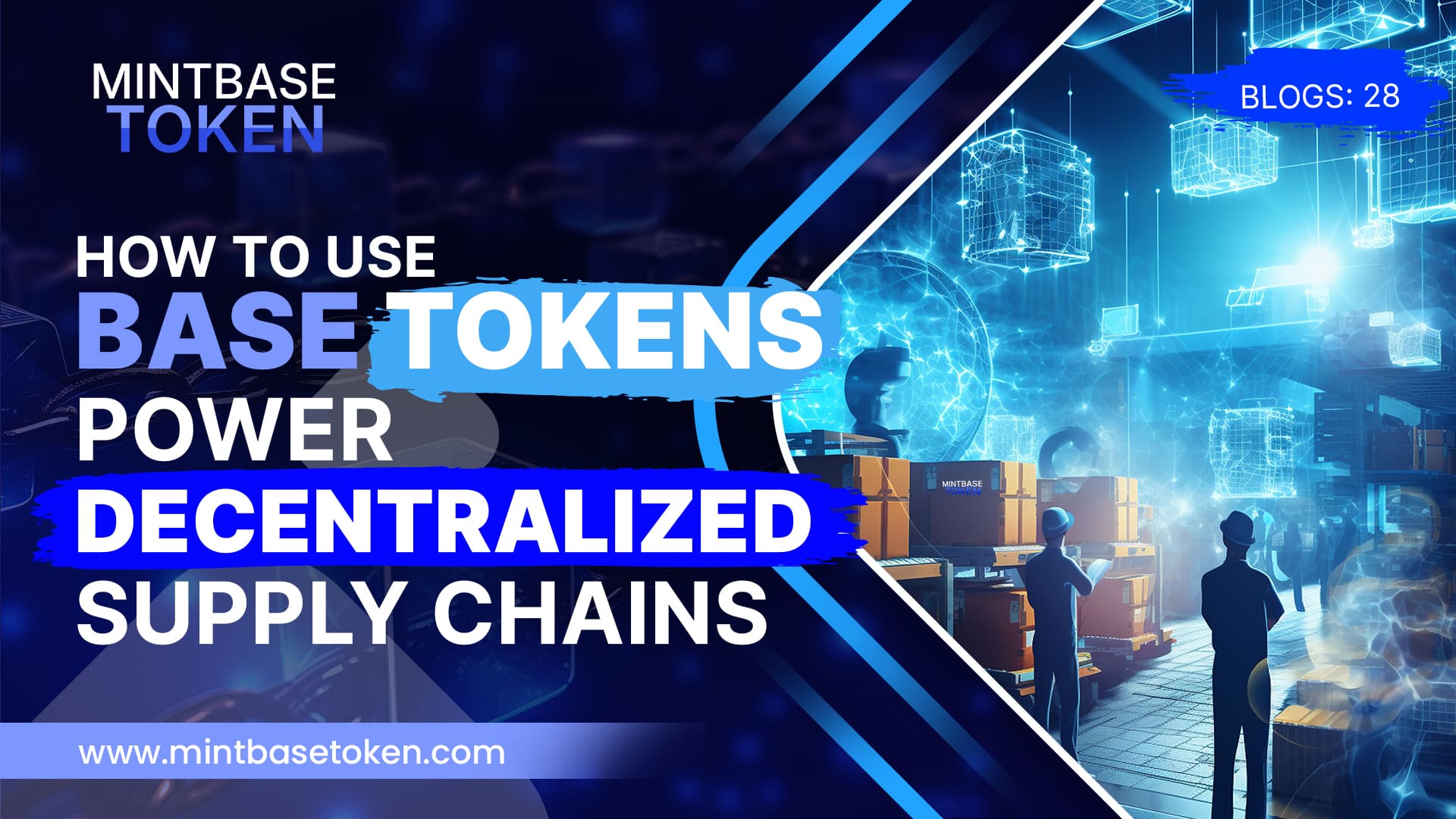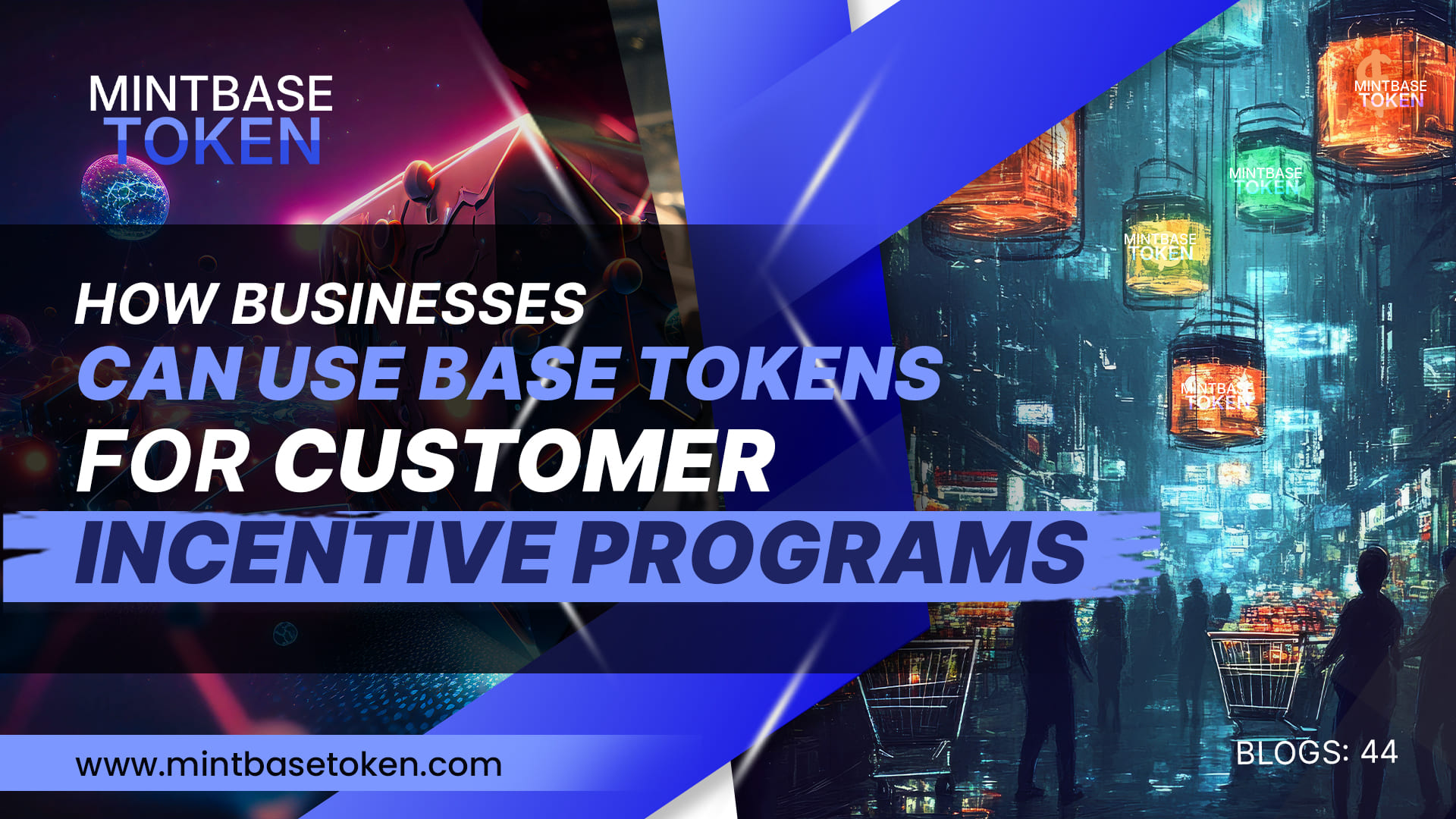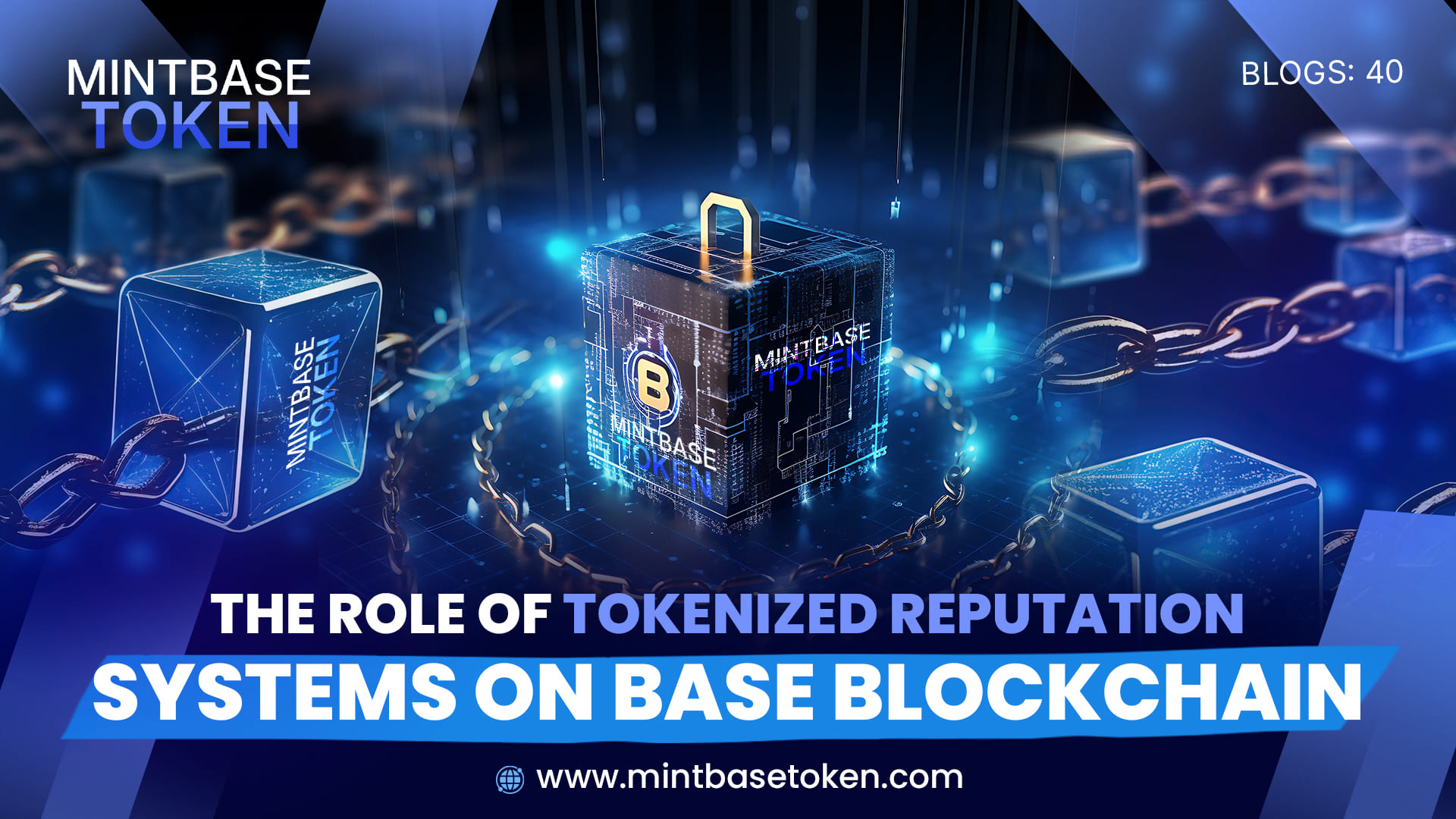January 23, 2025
How to Use Base Tokens to Power Decentralized Supply Chains
In the rapidly evolving world of blockchain technology, decentralized supply chains are emerging as a transformative solution to improve transparency, traceability, and efficiency in global commerce. Base Tokens, native to the Base Blockchain, offer an innovative way to power these supply chain networks. By leveraging Base Tokens, businesses can streamline operations, reduce costs, and build trust among stakeholders, all while ensuring secure and immutable records of every transaction.
Understanding Decentralized Supply Chains
Traditional supply chains often involve multiple intermediaries, complex documentation, and opaque processes. In contrast, decentralized supply chains use blockchain technology to create an open, trustless environment where all parties can interact directly. Key benefits include:
- Transparency: Every transaction is recorded on an immutable ledger.
- Traceability: Products can be tracked from origin to destination.
- Efficiency: Automated processes reduce administrative overhead and speed up transactions.
- Security: Cryptographic techniques protect sensitive data against tampering and fraud.
The Role of Base Tokens in Decentralized Supply Chains
Base Tokens serve as a versatile tool for powering decentralized supply chains on the Base Blockchain. Here’s how they can be utilized:
1. Facilitating Transactions
Base Tokens can be used as a universal medium of exchange within a decentralized supply chain network. By tokenizing value, businesses can:
- Settle Payments: Instant and low-cost payments between suppliers, manufacturers, and retailers.
- Automate Settlements: Smart contracts can automate payment triggers based on predefined conditions, reducing delays and human error.
2. Enhancing Transparency and Traceability
With every transaction recorded on the blockchain, Base Tokens enable a transparent audit trail. This traceability allows:
- Verification of Authenticity: Stakeholders can verify the authenticity of products and ensure they meet quality standards.
- Real-Time Tracking: Continuous tracking of goods as they move through the supply chain, providing stakeholders with up-to-date information on the status of shipments.
3. Incentivizing Collaboration and Compliance
Base Tokens can also be used to incentivize desired behaviors across the supply chain:
- Rewarding Compliance: Businesses can reward suppliers and logistics providers who adhere to regulatory standards or meet performance metrics.
- Penalties for Delays: Automated smart contracts can impose penalties for delays or non-compliance, encouraging punctuality and reliability.
4. Improving Data Security and Integration
In a decentralized supply chain, data security is paramount. Base Tokens help secure sensitive information by:
- Decentralizing Data Storage: Eliminating a single point of failure through distributed ledger technology.
- Enabling Secure Data Sharing: Allowing different stakeholders to access verified and encrypted data without compromising privacy.
Real-World Use Cases
Several industries are beginning to harness the power of Base Tokens to revolutionize their supply chain processes:
- Agriculture: Farmers can tokenize their produce to ensure traceability from farm to table, improving food safety and quality control.
- Pharmaceuticals: Base Tokens help track the distribution of medicines, ensuring authenticity and preventing counterfeit products.
- Retail: Retailers can use tokenized supply chains to monitor inventory levels, streamline logistics, and enhance customer trust through verified product histories.
Future Prospects
As the adoption of blockchain technology grows, Base Tokens are expected to become a cornerstone of decentralized supply chain solutions. Ongoing developments in smart contract capabilities and interoperability will further enhance the efficiency and security of these networks. Businesses that embrace these innovations can gain a competitive edge by reducing costs, improving operational transparency, and building stronger relationships with customers and partners.
Conclusion
The integration of Base Tokens into decentralized supply chains is set to revolutionize the way businesses manage and track their operations. By leveraging the inherent advantages of blockchain technology—transparency, traceability, efficiency, and security—companies can streamline their supply chain processes and foster a more resilient, trust-driven ecosystem. Whether you’re in agriculture, pharmaceuticals, or retail, adopting Base Tokens could be the key to unlocking unprecedented operational excellence and competitive advantage in today’s digital economy.






